We Need to Stop Skipping Logic
This week has been filled with controversy over my legal battle against the United States Patent and Trademark Office. Because it has climbed so high in the court system, numerous parties have been weighing in, both wanted and unwanted. As such, it has been leading to numerous conversation and debates. That’s where things get really interesting.I’ve been noticing a strong tendency for people to blindly support one side or another, despite not having a deep knowledge of rather obscure trademark law (even most intellectual property lawyers have never dealt with a Section 2(a) case in their entire career). Of course, that doesn’t stop individuals from forming an opinion, especially one based on perceived values. But there’s a real danger in that: it doesn’t challenge us to think critically.When we skip logical thinking, we often rely on intuition instead of data. When we formulate opinions without openly considering opposing views, we develop bias and prejudice. That also means our primary form of research comes by the way of availability heuristics, or mental shortcuts when evaluating topics, concepts, and decisions. And, unfortunately, it often digs us into a corner where we care more about being right than doing the right thing.This was the underlying message of my recent TEDxUCR talk, How to Talk With a White Supremacist. I reiterated the message, “ask questions before making assumptions.” That’s why I deliberately titled it how to talk “with,” not “to.” We need to meaningfully engage with people of opposing views, that’s how we formulate better, more informed opinions.So if you catch yourself saying “I don’t buy it” or “I just feel that” citing any other assumption that isn’t actually backed by evidence, take a step back and ask yourself if you made a logical misstep.We often criticize the comments section of YouTube as a pit with the lowest common denominator because they tend to be so vitriolic and devoid of reason. But if we were to take an honest look at our own behavior, would we find some of the same thinking? Do you automatically assume the worst about someone that you disagree with? Or do you think that the personal experiences, education, and values that inform their perspective might find a way to enrich your own?I’ll give you an example from this week (without getting into the muddy legal details). I strongly believe in reappropriation (the reclaiming of terms or imagery that were once negative into positive uses) is an important social and cultural process. However, there are those who feel just as strongly that it is ineffective and might even do more harm than good. When I ask why they believe that, they usually say that they feel it allows others to feel justified in using hate speech and therefore, encourage hate behaviors. And that’s completely fair.Yet when I discuss evidence proving otherwise, including scientific research, linguistics and cultural work, political empowerment, or even my own body of work as an activist, I get sneers, shaking heads, and doubts. It challenges their availability heuristics and assumptions. But if I were presented equally valid, sound, and robust evidence opposing my views, would I change my position? I would hope so. I believe that we can change if we allow ourselves to consider logic. It’s important for us as people to stay committed to the truth. It reflects our values.Over a decade ago, I was a registered Republican and I had serious doubts about climate change, the validity of same sex marriage, and believed in the death penalty. While I still find myself aligned with conservative values from time to time, my positions have shifted on all of these major issues because of sound evidence.While part of me regrets time wasted supporting things that I feel differently about know, I think it makes me a more effective activist because I can identify and connect with the reasoning behind those views. It also reminds me that I can (and often am) wrong. Most importantly, it serves as a reminder the dangers of skipping logic.(Also, I'm not registered with any party now. It's important for me to avoid party lines or tunnel vision).

